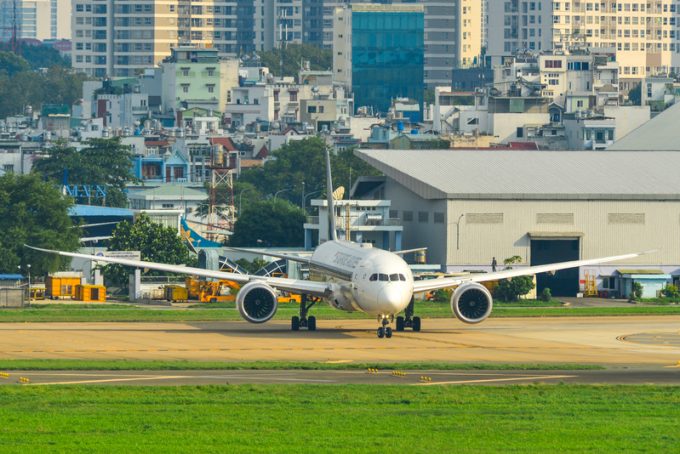European freighters set for summer ecommerce chase in Hong Kong
Hong Kong is set to become a popular destination for European freighter operators in the ...

Vietnam’s first all-cargo airline is almost ready for take-off.
IPP Air Cargo is the brainchild of billionaire Johnathan Hanh Nguyen, chairman of Imex Pan Pacific Group (IPP), which specialises in luxury brand distribution and retail.
While domestic carriers have launched cargo operations – most notably Vietjet – ...
Four crew members still missing as Wan Hai 503 continues to burn
Explosions and 'out-of-control' fire reported on Wan Hai box ship
Predatory rivals circle as the ripples from DSV's Schenker buy widen
MSC Elsa crew face criminal probe, as Wan Hai 503 firefighters battle on
'It's driving us mad', say forwarders as US court fails to end tariff turmoil
Transpacific rates ease as capacity boost proves too much for trades to digest
Latest Israeli attack on Iran a threat to box ships in Straits of Hormuz
CMA CGM 'testing the water' of the Suez Canal for more services
More legal trouble in India for MSC: feeder vessel detained after box ship disasters
Flexport: Sanne Manders talks profitability, fire-sales and Dave Clark
DSV insiders hit back at Kuehne & DHL GF – got a 'pro integration' going
MSC to hold 15% global container terminal market share after Hutch buy
EXCLUSIVE: Schenker top exec departs 'One DSV' – fishing continues (Part 1)
DHL makes €500m bid to increase its presence in 'fast-growing Gulf markets'
EXCLUSIVE: The good old DSV, 'Winning as One' – all Schenker top dogs out (Part 2)

Comment on this article